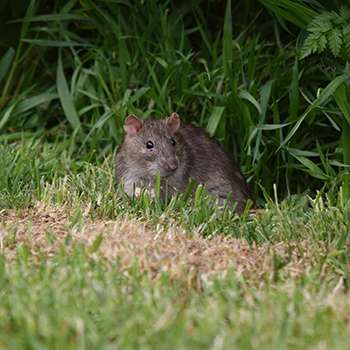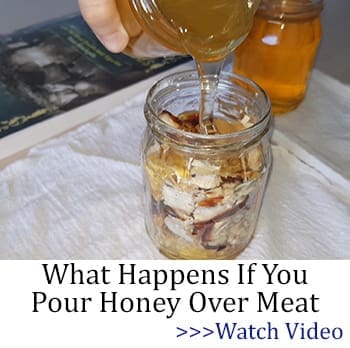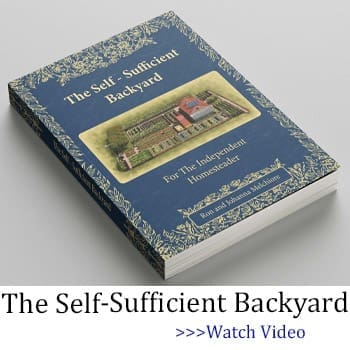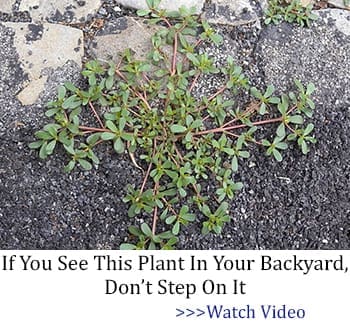Rodents love gardens, but gardens don’t love rodents. They destroy plants, bulbs, seeds, fruits, vegetables, and containers. Additionally, they carry diseases and parasites that can cause harm to pets and the people who come into contact with them. Rodents are truly a gardener’s worst nightmare because they multiply at lightning speed. They only have a three-week gestation period and can give birth to up to 14 babies per litter, furthermore, they have up to ten separate litters per year! So if you notice rat activity in your garden, you’ll need to work quickly to get rid of them. Your first thought would be to use pest control, but that will harm your plants, your pets, and the environment. So what are your options? The good news is that rodents are selective about the gardens they choose to visit, they are looking for food and shelter, if that’s available in your garden, that’s where they’ll stay. Therefore, the most effective way of getting rid of rodents is to make them uncomfortable. Here are some tips on how to make your garden rodent-proof.
Signs You Have Rodents in Your Garden
The beginning of spring just before you start planting is the best time to start looking out for rodents. Before planting seeds, carefully check for any signs. When flowers and vegetables are actively growing, keep checking. Look for droppings, worn pathways, signs of gnawing, and smudge marks. You should also look for signs of nests because rats need somewhere to take care of their newborns. Rats don’t stay still very long, they move around a lot and will leave footprints wherever they go. Their footprints are very distinctive, and they also leave tail prints.
The brown rat has an exceptional ability to dig fast and efficiently, the most common places in a garden for rats to burrow are under deckings and shelters, inside the garage, nearby garden sheds, and compost bins. Pets such as cats and dogs can detect the very low-frequency sounds made by rodents. Once detected, your pets will start looking for the vermin to kill them. If you find that your pets are spending a lot of time with their nose inside crevices, it is a sign they are looking for rodents, and you’re probably dealing with a severe infestation.
A few times a week, Search around the garden perimeter, and if you find any signs of rodent activity, take action to stop it. Basically, think like a rodent, where do I travel as I make my way from my food to my nest? What am I going to eat? Where do I want to live?
Get a Cat
Cats are the ultimate deterrent for mice because they don’t like the smell of cat urine. Cat urine contains an odor molecule called pheromones, and to mice, it indicates the presence of danger. Mice won’t come near your property if they smell a cat.
Ditch the Mulch
All gardeners know that mulching is a great way to add organic nutrients to the soil, and to prevent weeds from growing. But unfortunately, they attract rodents to make a nest and get comfortable.
Plant Certain Flowers and Herbs
Although rats love plants, there are certain flowers, herbs, and spices they won’t go near. Flowers that will send the rats scurrying include marigolds, daffodils, and lavender. While humans love the way they smell, rats hate them. Additionally, rodents don’t like garlic, oregano, sage, cayenne, and black pepper.
Seal Holes
Rats can squeeze through the tiniest holes, seal up all entrances into outbuildings, and sheds using metal or wood. This will prevent rodents from finding somewhere comfortable during the winter months.
Keep Your Bins Clean
If you keep bins for trash or recycling in, or near your garden, make sure they’re kept clean at all times. Use bleach or another strong household cleaner to hose down your trash cans to remove all scents and food particles. Rodents have a strong sense of smell, and they will make their way to your garden if they think there’s a meal available.
Control Lawn Grubs
Rodents such as rats, moles, and gophers love grubs. Milky spore will kill any grubs in your lawn.
Get Rid of Food Sources
Bird feeders attract rodents; take them down for a few weeks to let the rodents know that their free lunches are over. Fill your feeder carefully to prevent bird seeds from spilling. You should also store birdseed in concealed metal bins that rodents can’t chew through.
Mesh Tubes
To protect your tender seedlings and deter rodents, place plastic mesh tubes around them.
Move Stuff Around
When rats have found their spot, they get comfortable and stay. But what they don’t like is people moving their furniture around. And they will leave when they no longer recognize their surroundings.
Peppermint Oil
You can drive rats away with peppermint oil, they don’t like the smell. Douse some cotton balls in peppermint oil, and leave them around your garden, including the shed and garage. Repeat this every two weeks.
Remove Water Sources
Rats can’t live without water, and so they’re always searching for it. If you own a pet, take bowls of water inside at night, don’t use a birdbath, and make sure taps are properly closed so there’s no dripping.
A Clean Garden
Rodents like dirt and anything untidy. You can deter rodents by keeping overgrown areas cut down, pick up any vegetables, berries, or fallen fruits. Although you might want to keep piles of garden clippings and wood for future projects, get rid of them.
Final Thought
Laying rodent traps in your garden is a waste of time if you don’t apply the advice you’ve read in this article. Additionally, don’t waste your money on commercially available devices that promise to rid your garden of rats for life. There is zero scientific evidence to prove that they work. No matter how many rodents you kill, if your garden is left in a state that’s attractive to them, they’ll keep coming back. If you want to drive rodents out and keep them out, make sure your garden is kept in a rodent-free state.
You may also like:
What really happens when you bury a shipping container (Video)
Is It Legal To Harvest Rainwater In Your State?
How To Get Rid Of Termites On Your Property
10 Common Mistakes You Should Avoid If You Want To Raise Chickens
The One Tree That Every Homesteader Should Plant













